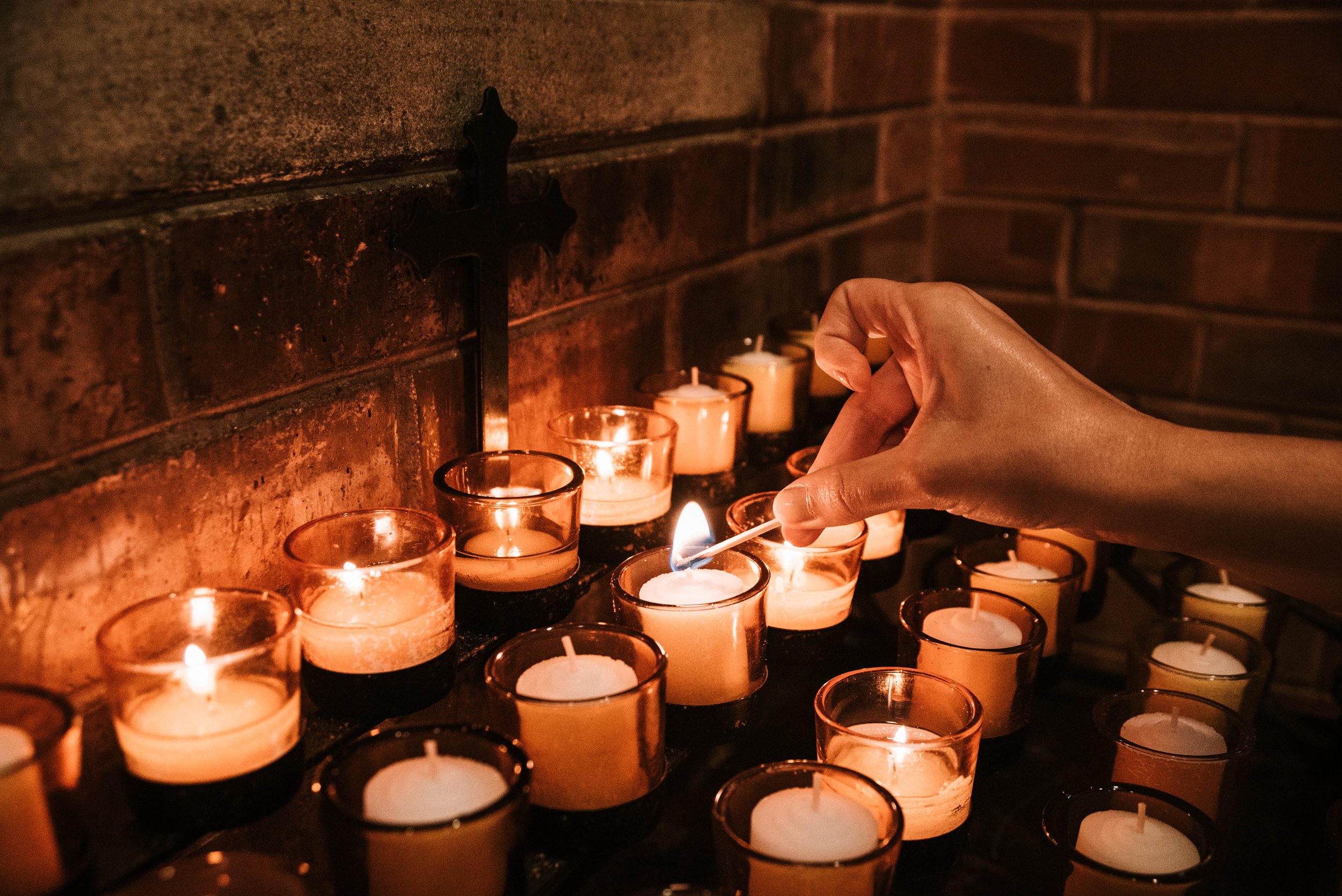
Prayer
Enrich your Life of Prayer
The Book of Common Prayer
The Book of Common Prayer is one of Anglicanism’s greatest contributions to the broader Church. The language of the prayer book, the beauty of the prayers, and its biblical rootedness have enriched the prayer life of many Christians of all traditions. The Book of Common Prayer has been simply described as “the Bible arranged for worship.” If you would like to learn more about how to pray using the Book of Common Prayer, please contact one of our clergy.
The Rule of Prayer
Anglicans observe a threefold rule of prayer centering on the Eucharist (Mass), the Daily Office, and Personal Devotions. Martin Thornton, an Anglican priest and theologian, said, “The Eucharist is the living heart of the Body of Christ… the Daily Office is its continual beat or pulse… and personal devotions are the circulation of the blood which gives life and strength to all its members.” When practiced with faith and charity, the threefold rule opens our hearts to the fullness of God’s grace in our daily life.
The Daily Office
Our tradition provides a method of daily prayer by setting aside a time in the morning and the evening to spend time with God and his Word. Many Christians find themselves feeling lost or burned out in their prayer life and want something deeper, more balanced, and engaging than what they have been doing. The Daily Office is often a breath of fresh air. The services of Morning and Evening Prayer are rooted in the ancient monastic practice of setting aside seven times a day to pray, read the Psalms, and portions of the Bible.
Personal Devotions
Many Christians seek to deepen their relationship with God through spiritual practices such as Lectio Divina, Eucharistic Adoration, praying the Rosary, walking the Stations of the Cross, or by participating in devotional groups like the Society of Mary, the Confraternity of the Blessed Sacrament, or the Guild of All Souls. In addition to the regular cycles of the Daily Office and Sunday Mass, we are all called to practice personal prayer and intercession in whatever form best speaks to our heart.
Visitors at St Alban’s often notice the three votive shrines found throughout the Church: one for Our Lady of Walsingham (Mary, the Mother of God), one for St Joseph, and one for our patron, St Alban. In front of each there are candles which the faithful light as they offer prayers to God. Christians believe that Jesus Christ has destroyed the dominion of sin and death. Those who are “in Christ,” (2 Cor. 5:17) though they die, are brought into his nearer presence where they enjoy the fulfillment of divine life and eternal union with God. The Church, therefore, consists not just of those who we see and know on earth but also those who are already with God in heaven. These we call saints. We share with them in the worship of Jesus Christ and a communion of prayer for and with one another. We do not “pray to saints,” but rather we ask them to join with us in prayer, just as we would ask a friend to pray for us. As one family in Christ, we unite our prayers and love for him with those who have gone before us in the life of faith.
Additional Resources for Prayer
-
Daily Office 2019
This user-friendly website provides the complete Daily Offices of the 2019 Book of Common Prayer, including Morning Prayer, Noonday Prayer, Evening Prayer, and Compline. Those who are not familiar with praying with the prayer book will find this site very helpful.
-

A Rookie Anglican Guide to the Prayer Book
Common prayer? More like complicated prayer? Beginners who try to learn how to pray the Daily Office on their own usually have a lot of questions. This guide helps to demystify the BCP to make space for the simplicity of prayer.
-

Introduction to the Daily Offices
The Word & Table Podcast explores many of the questions and topics important to Anglicans. This episode gives a nice introduction to the history and spirituality of the Daily Offices.


